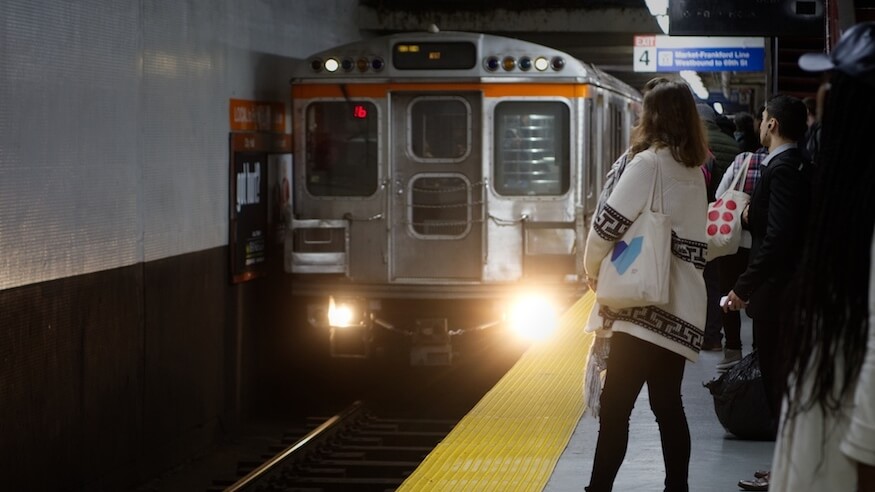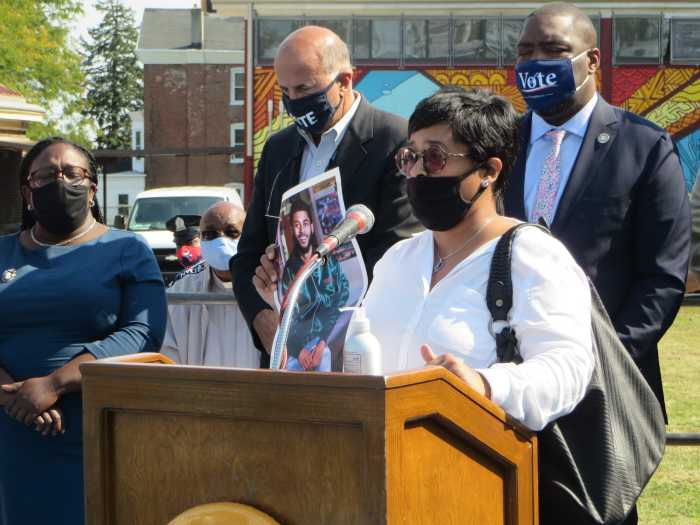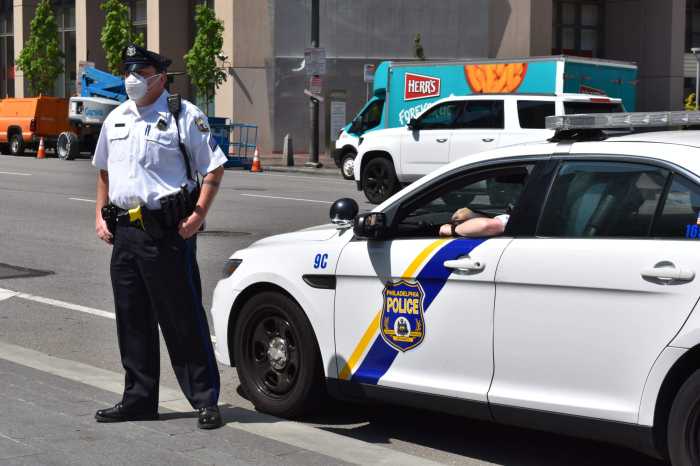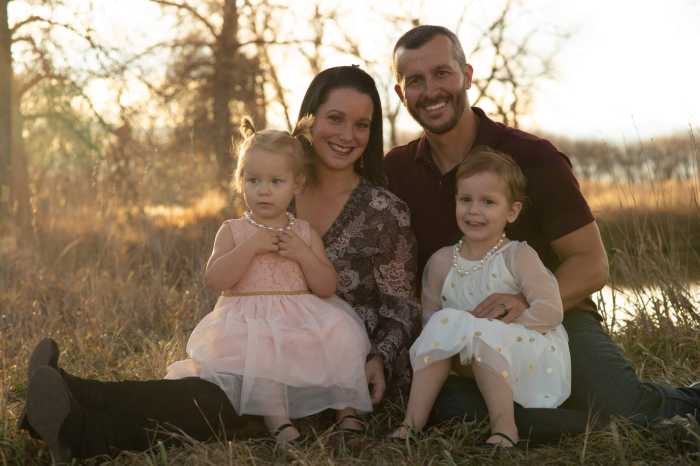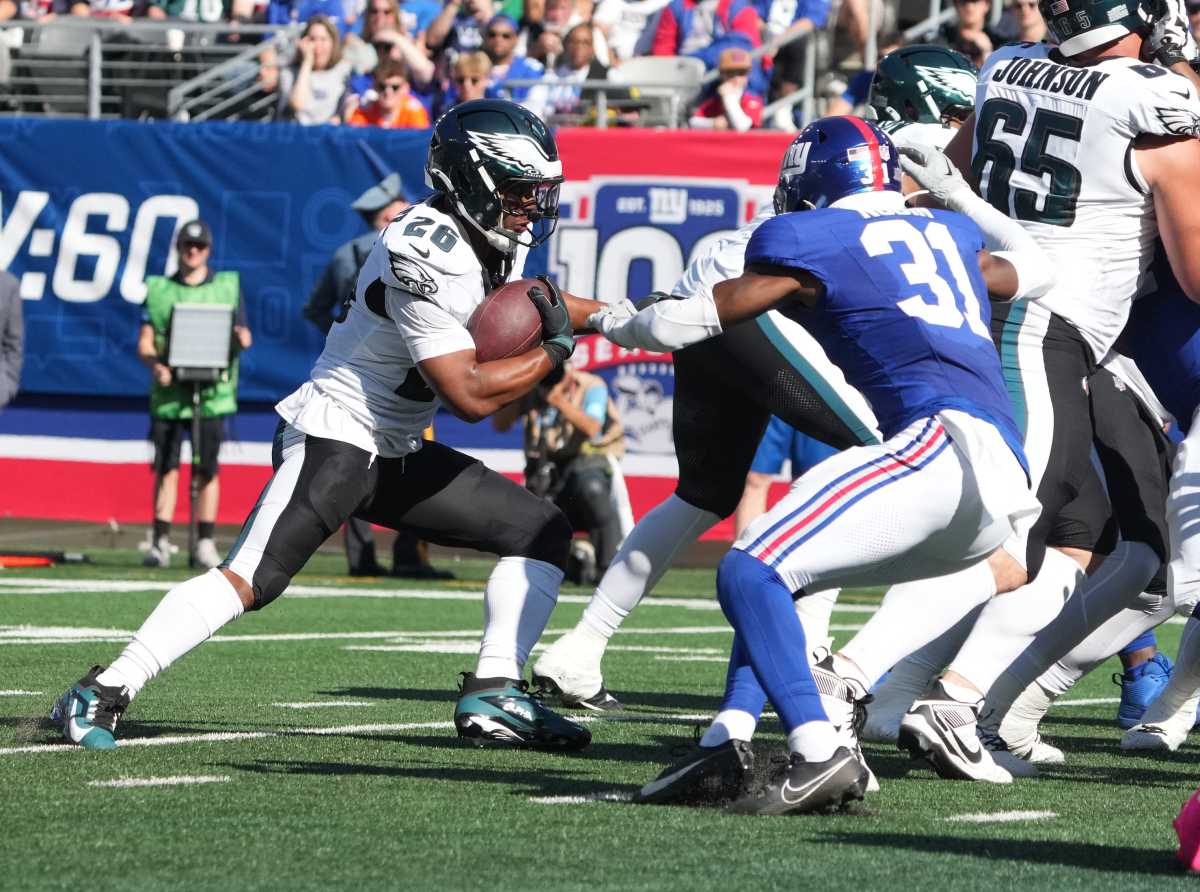SEPTA’s transit police chief said he would not resign after a union representing thousands of public transportation workers called on him to step aside amid increased safety concerns.
Transport Workers Local 234 has been advocating for enhanced security measures in recent weeks, and SEPTA, after talks with the union’s leaders, is planning to bring in 60 unarmed security guards to be stationed along the Market-Frankford Line.
Willie Brown, Local 234’s president, on Thursday called for Police Chief Thomas Nestel to be replaced, citing the transit police department’s allegedly soft enforcement.
Nestel, who has led the police force for nine years, said the union’s demand came as a surprise.
“I think that Mr. Brown has a job,” he told reporters at the authority’s Center City headquarters. “His job is to advocate for the employees of SEPTA, and he is very passionate about that. I share that passion.”
The debate over the department’s policies comes as the authority is reviewing all of its safety protocols, with the goal of having the system ready-to-go for riders who will be returning as more people get vaccinated against COVID-19.
Petty crime and open drug use affect various sections of SEPTA’s network; however, the issues appear to be more pronounced on the Market-Frankford Line, the authority’s most-used service.
An initiative to add security guards to MFL stations between 15th Street and Frankford Transportation Center is expected to begin in the coming weeks. SEPTA is working on a contract with an outside firm.
There are also talks about having more surveillance cameras monitored in real-time so authorities can quickly respond to a situation.
Somerset Station, in Kensington, is going to temporarily close beginning on Sunday, as the authority repairs elevators that officials believe are clogged with discarded needles and human waste.
Concerns about safety in the immediate area around the station also led to the decision. Kensington is the center of Philadelphia’s opioid crisis, and more shootings have occurred there this year than anywhere else.
A SEPTA spokesman said Somerset will be closed for “at least weeks,” though no clear timetable has been established.
Local 234, in an emailed statement, attached a video showing a SEPTA employee being assaulted by a group of teenagers at 15th Street Station and said “attacks of this nature have become a daily occurrence.”
“This must stop now,” Brown said. “I’m tired of reports of our people being punched, kicked, beaten and robbed.”
https://www.youtube.com/watch?v=QKjQkge-nZI
Nestel acknowledged the 15th Street incident, which he called a “random attack.” It occurred Monday at around 11:30 p.m., and no one has been arrested, he said.
Union leaders said Nestel’s officers use a “catch and release” policy and do not charge suspects who assault employees and riders.
“SEPTA managers don’t want the public to know how dangerous the transit system has become,” Brown said. “They think raising an alarm will chase away riders.”
Transit police began utilizing delayed release processing over the summer when SEPTA’s computer systems were down. Nestel said the technique has been more effective, allowing investigators to gather evidence and present a better case to the District Attorney’s Office.
Suspects are still held accountable, he added, with most being charged a week after the offense.
Problems exist, though, particularly for police looking to enforce less serious violations or force someone with mental health issues into treatment, according to Nestel.
Citations for public urination, smoking on platforms and evading fare payment often result in a $300 fine, but there are no repercussions for offenders who refuse to pay, he said.
“Folks engaged in these behaviors know that there is no recourse, and the police continue to do their job,” Nestel said. “We need help on the back end.”
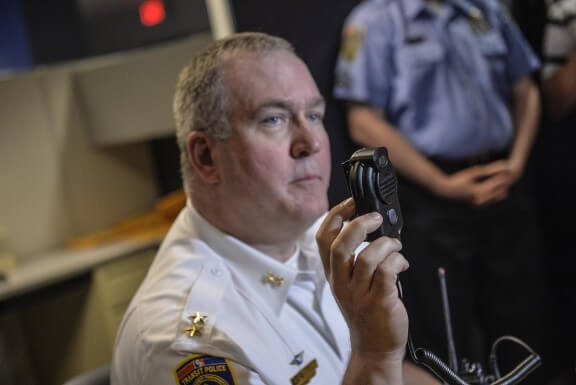
He said a “work-around” has been developed with the DA’s Office in which transit officers now write their own tickets. When a violator is caught more than once, they are banned from riding SEPTA. If they are caught using the system again, Nestel said, they are charged with a misdemeanor.
Another issue, he said, is people who are brought to a crisis response center for an involuntary commitment, or a “302,” being released almost immediately.
Transit officers, over the past six months, have attempted to commit 76 people because they presented a risk to themselves or others, according to Nestel.
Earlier this week, law enforcement tried to 302 a man who jumped onto the MFL tracks in West Philadelphia, he said. Hours later, the man was spotted on a train, and he later threatened to jump onto the tracks at 15th Street.
Officers brought him to be committed again, and he was discovered on the tracks at Berks Station the next day, Nestel said. He was taken for a third time to the crisis center.
Homeless people, drug users and people with mental health issues have long flocked to SEPTA stations for shelter, but the authority believes COVID-19 has exacerbated the situation.
“There are less riders who are on the system right now who are going to work, who are going to school, who are running errands, like they were pre-pandemic,” SEPTA spokesman Andrew Busch said. “In some ways, we think the system has been a little bit of a magnet for this type of behavior.”



